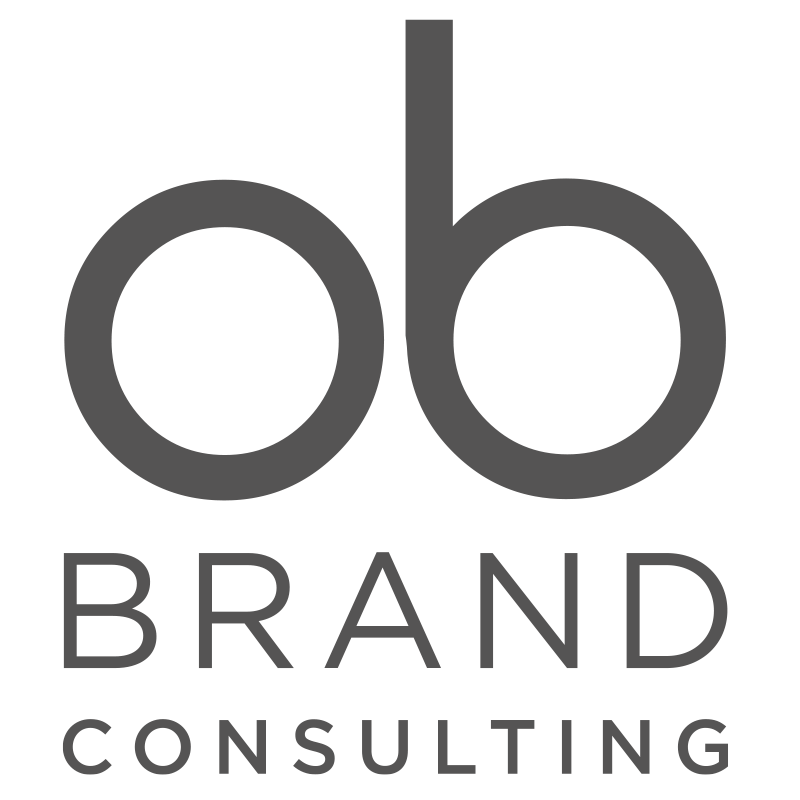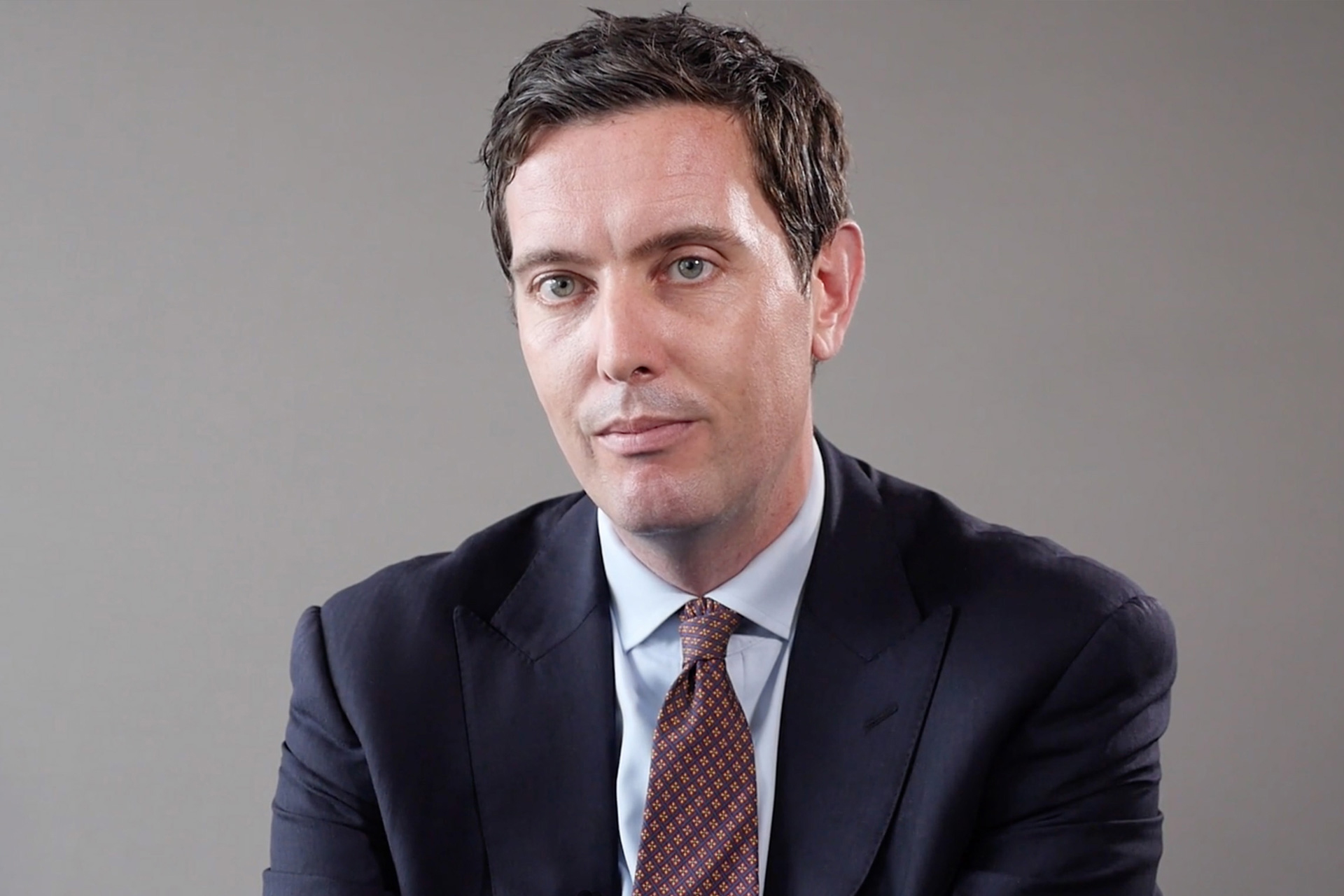An insightful Q&A with Paul Miller, specialist insurance talent recruiter at HFG and Trustee at the Insurance Museum.
Paul works for HFG Insurance Recruitment and has recruited for London market insurance firms for over 18 years. His clients include Lloyd’s brokers, managing agencies, MGA’s, insurers, and the insurance divisions of major consultancy firms.
He has a keen interest in the history of Lloyd’s of London and has appeared on several insurance related podcasts in the UK and the United States. Paul is a Trustee of the Insurance Museum and is very active in writing about the history of insurance, especially the more interesting and often unknown stories that make for a surprising and engaging read.
As part of our Attracting Talent research, we sat down with Paul to pick his brains about the impact of branding in attracting the best people into and across the insurance industry from an experienced recruiter’s point of view.
Q. How important is brand, messaging, positioning and pitch in attracting that talent?
A. “Very. People ask lots of questions before submitting their CV to a role. These are usually based around company culture, (more recently) ESG, the markets they operate in and their reputation in the market. This varies depending on the size of the company. If a start-up firm is recruiting, people will be more interested in the brand, as they will be less aware of the organisation and how it operates. Applicants will usually want to know more about the strategy of the company, what makes them different and how they support staff.
Branding helps a company to differentiate itself, putting itself in a strong position when it comes to recruitment. In insurance specifically, as people tend to know most other companies in the market, a strong brand will attract more ‘passive’ candidates, i.e. those who aren’t actively looking but might consider other opportunities”.
“Branding helps a company to differentiate itself, putting itself in a strong position when it comes to attracting talent”
Q. What is the biggest challenge businesses face when trying to attract talent?
A.“Differentiating themselves in a marketplace where in many respects, the type of work the firm carries out is very similar to the rest of the industry”.
Q. What can brands do to ensure that they attract the best talent?
A. “There are a few areas. Firstly, live up to the branding that they sell themselves on and treat staff well. If a company describes itself as innovative, it needs to tell existing employees what they are doing to be innovative and how each person in the business fits into that.
A happy employee will often market the brand unintentionally by speaking positively about it. Insurance specialists also usually know people who work or have worked at a company and will quickly get a view on whether or not a company is true to its branding.
Give job descriptions prior to the interview that explain ‘why’ a person should work for a firm, rather than just giving a long list of duties to be carried out. This should include their brand values and some examples of how the company has lived up to them.
Ensure that all interviewers promote the brand identity and how that relates to the role and how the candidate can be a part of that brand ethos”.
“Smaller MGAs and brokers tend to focus their branding more on attracting new clients, than they do on new employees”
Q. Can you give us any examples of what good or bad looks like?
A. “Liberty Specialty Markets are very good at all of the above. Their ‘work for us’ page on their website is very detailed and focuses on the ‘why’ somebody should work there, rather than on what they would do.
I’m not sure about specific examples of what bad looks like but typically, smaller MGAs and brokers tend to focus their branding more on attracting new clients, than they do on new employees”.
Q. How do you think brand impacts on attracting talent and what opportunities can be gained?
A. “It has a huge impact, as many people will make an initial judgement on whether to apply for a role at a particular company based on what they already know about them. This will either be through marketing or via personal recommendations”.
“Tell stories! The market has a rich history and continues to enable great change around the world”
Q. And finally, what could the industry do better?
A. “Tell stories! The market has a rich history and continues to enable great change around the world. I believe that companies should use examples of their work when marketing their brand. For example: How Willis insured the Titanic. Giving real-life examples will attract people with particular interests but also give them pride in the company they have joined.
It would also help to attract young people who may know nothing about the industry – this is particularly important as there is a skills shortage at the junior end of the market”.
“Branding has a huge impact, as many people will make an initial judgement”
We’d like to thank Paul for his time and insight into the challenges of attracting talent into the insurance industry. In particular, his energy and enthusiasm for the Insurance Museum and what it does and how important the Museum is in educating future generations about the insurance industry.





